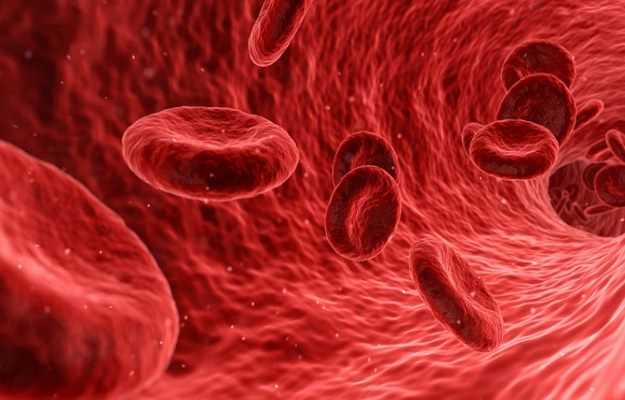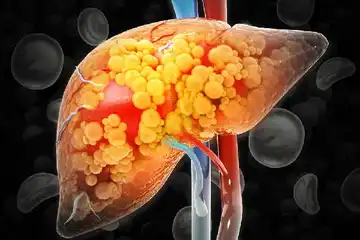What is chronic myelogenous leukaemia?
Chronic myelogenous leukaemia (CML), otherwise called chronic myeloid leukaemia, is a cancer of the blood cells and bone marrow. The bone marrow is the soft part of the bone where blood cells are produced. CML is a form of leukaemia in which there is uncontrolled growth of white blood cells.
What are its main signs and symptoms?
- Patients with CML may show no symptoms when they are in the chronic phase of the disease.
- In the next phase called the accelerated phase, night sweats, fatigue, weight loss and persistent fever are common symptoms.
- The patient has severe symptoms in a phase called the blastic phase, which includes pain, infections and spontaneous bleeding.
- Due to the abnormality in the white blood cell number and structure, the spleen is also affected. A person may complain of pain in the upper abdomen due to enlargement of the spleen.
If you are tired of dieting and exercising and are not able to lose weight, then use myUpchar Ayurveda Medarodh Fat Burner Capsule, it has no side effects, order it today and avail the benefits.
What are its main causes?
- Unfortunately, the exact cause of CML has not yet been identified.
- A prevalent risk factor is an exposure to high amounts of radiation.
- The cancer is associated with a defect in chromosome 22 of humans, which is a common finding in a majority of the people suffering from CML. This chromosome is termed the Philadelphia chromosome.
- The condition is more common in middle-aged individuals, and men are affected more than women.
How is it diagnosed and treated?
- A basic physical exam will give your doctor an idea of vital parameters like blood pressure, heart rate and pulse. Any swelling in the lymph nodes or spleen is also checked for.
- Blood examination reveals the abnormality in the number and form of the blood cells.
- Special tests are conducted to check for the Philadelphia chromosome, like the polymerase chain reaction test.
- A biopsy of the bone marrow is also diagnostic for malignancy.
- It is difficult to eliminate all the cells containing the defective gene, but the treatment aims at destroying these cells.
- Apart from chemotherapy, there are specific drugs called targeted drugs for CML patients. If a person develops resistance to one targeted drug, another drug is prescribed.
- A bone marrow transplant is the closest chance that a patient has for a complete cure. The donor cells stimulate the formation of new healthy cells in the bone marrow.
- Despite ongoing research for better treatment options, especially for the treatment of resistant CML, the condition continues to have a poor prognosis.

 OTC Medicines for Chronic Myelogenous Leukemia (CML)
OTC Medicines for Chronic Myelogenous Leukemia (CML)















